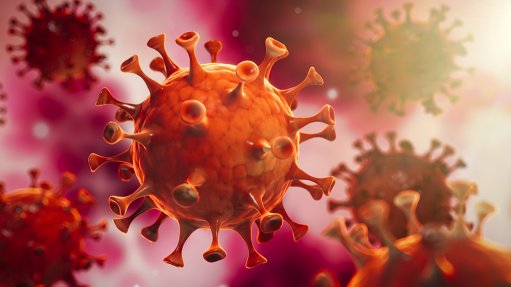
The Western Cape has been declared South Africa's epicentre of Covid-19, and the City of Cape Town has identified six coronavirus hot spots.
The national health department put the country’s Covid-19 cases at 23 615 as of Monday.
As the Western Cape records 15 396 cases, the City’s health department has said it has revised its Covid-19 strategy across the metropole.
Councillor Zahid Badroodien, a member of the mayoral committee for community services and health, said with the City moving towards 13 000 Covid-19 cases, a stratified management approach was needed that would include identifying hot spots and individuals most susceptible to the virus.
Badroodien said testing will be prioritised for individuals with known co-morbidities and those over the age of 55 as they are most likely to develop complications and require hospital care. Among those prioritised will be health-care staff and those admitted to hospital with Covid-19 symptoms, to ensure they’re managed properly.
“We have said before that most persons who contract Covid-19 will be able to self-isolate at home and recover without requiring any further medical intervention. The statistics of persons who have had to be hospitalised and who have succumbed to the virus indicate that underlying conditions or co-morbidities were present.
“It is for this reason that we are focusing our attention on these vulnerable groups,” Badroodien said.
He said education, awareness and enforcement efforts would be increased in the City, with emphasis on the identified hot spots.
“Hot spots are areas with established community transmission and a high density of cases.
“Recently, the caseload data has been made available by suburb, so residents can get a first-hand idea of how prevalent the virus is, and where,” Badroodien said.
The hot-spot subdistricts are:
- Tygerberg – Bellville, Elsies River and Goodwood areas
- Khayelitsha
- Western – Dunoon
- Klipfontein – Delft, Delft South, Gugulethu, Nyanga and Manenberg areas
- Southern – Imizamo yethu and Philippi areas
- Eastern – Mfuleni
Badroodien says these areas will be monitored and additional staff will be deployed in places such as public transport interchanges, supermarkets and clinics to conduct Covid-19 screening and to refer all vulnerable individuals for testing. The staff will also increase the education and awareness campaign and enforce physical distancing.
Badroodien says although these hot spots have been identified, things could change and other suburbs might be affected if regulations are not adhered to.
“We can only defeat Covid-19 if everyone works together and does their bit,” Badroodien said.